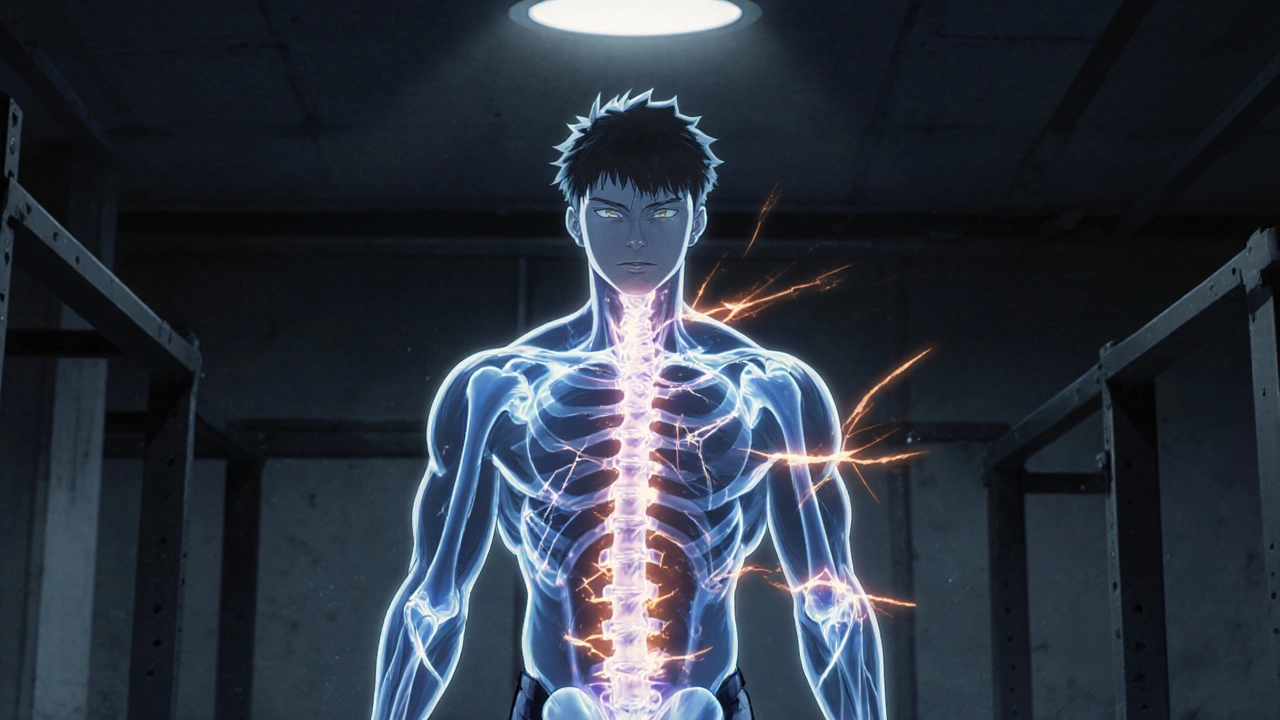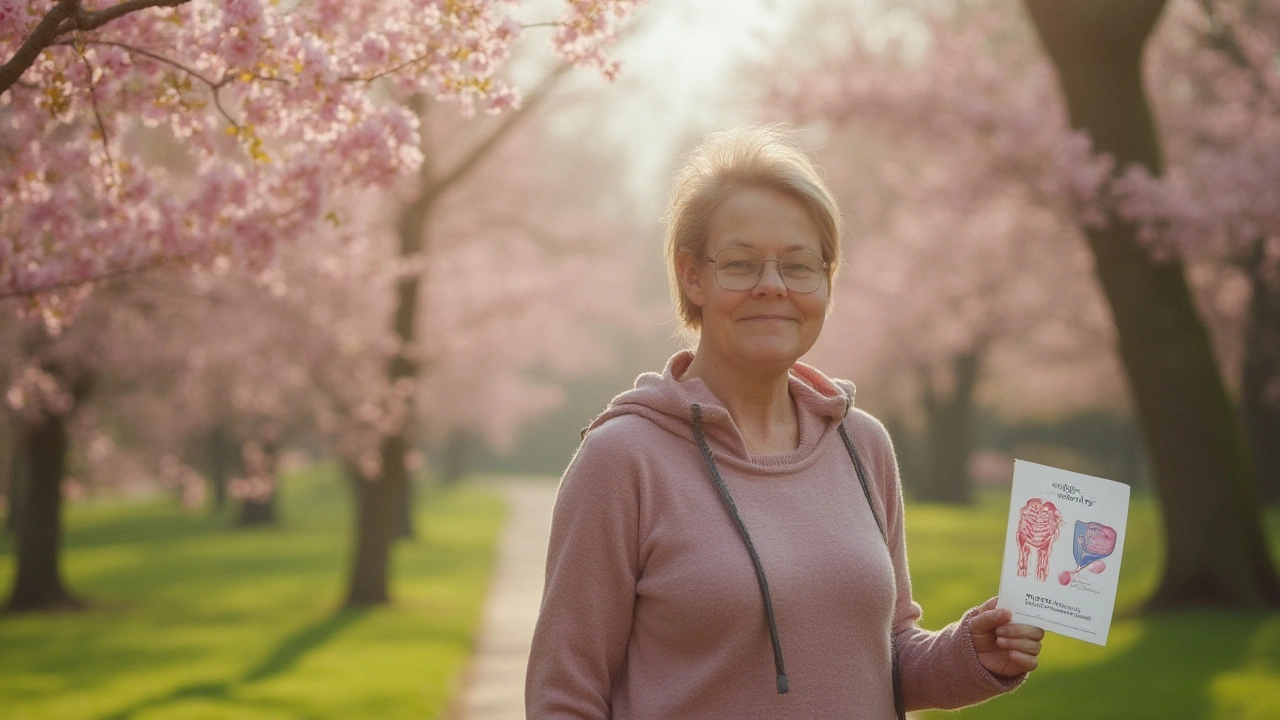Osteoporosis – What You Need to Know
Osteoporosis is a condition where bones become thin and break easily. It mostly shows up in older adults, but women are at higher risk after menopause. If you feel a sudden pain after a small bump, it could be a sign that a bone has cracked. The good news is that lifestyle changes and medicine can slow down the loss and even help rebuild bone strength.
How Osteoporosis Happens
Bones are living tissue. Every day they break down a little and then rebuild. With osteoporosis, the breakdown outpaces the rebuilding. This can happen because the body makes less calcium reserve, hormones drop, or you aren’t getting enough vitamin D. Smoking, drinking too much alcohol, and not moving enough also speed up the process. Even a family history of broken hips or spine fractures can make you more likely to develop the disease.
One common mistake is thinking that bone loss only affects tall, frail people. In reality, many folks feel perfectly fine until a small fall leads to a serious fracture. That’s why doctors often check bone density with a simple scan called a DEXA test. The scan gives a score that tells you if your bones are in the normal range, low‑bone‑mass (osteopenia), or osteoporosis.
Tips to Keep Your Bones Strong
First, get enough calcium. Dairy foods, leafy greens, and fortified plant milks all add up. Aim for about 1,000 mg a day if you’re under 50, and 1,200 mg if you’re older. Pair calcium with vitamin D – sunlight, fish, or a supplement can help your gut absorb the mineral.
Second, move your body. Weight‑bearing exercises like walking, light jogging, or dancing make your bones work against gravity, which tells them to stay dense. Even simple resistance bands or body‑weight squats can be effective. Try to fit at least 30 minutes of activity most days of the week.
Third, watch out for habits that hurt bone health. Cut back on soda and caffeine, limit alcohol to one drink a day for women and two for men, and quit smoking if you can. These changes lower the risk of further bone loss.
Finally, talk to your doctor about medication if you’ve been diagnosed. Options include bisphosphonates, hormone therapy, or newer drugs that boost bone formation. Your doctor will match the treatment to your health profile and any other medicines you take.
Keeping an eye on your bone health doesn’t have to be a chore. Small daily choices add up, and regular check‑ups catch problems early. If you’re curious about a specific medication or want to know how a supplement fits into your plan, our other articles on related drugs can give you a quick rundown. Stay proactive, and give your bones the support they need to stay strong for years to come.
Clenbuterol and Bone Density: How This Drug Affects Your Bones
Clenbuterol may help with fat loss, but it silently weakens bones. Learn how it reduces bone density, who's at risk, and how to protect or rebuild your skeleton after use.
Learn more...Evista Benefits, Side Effects, and Usage: What Women Need to Know in 2025
Explore how Evista helps women prevent osteoporosis and reduce breast cancer risk, how it works, side effects, real-life tips and medical facts for 2025.
Learn more...
